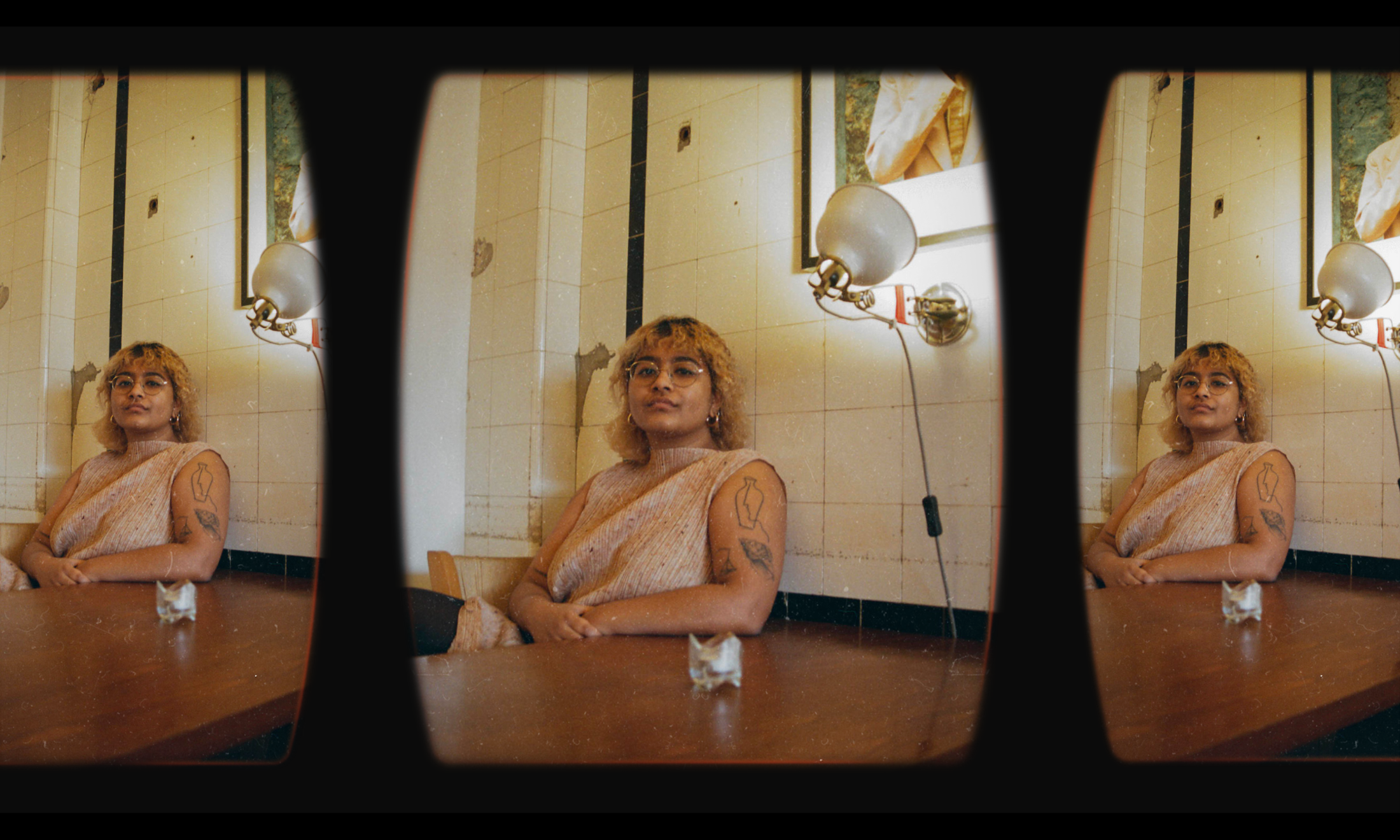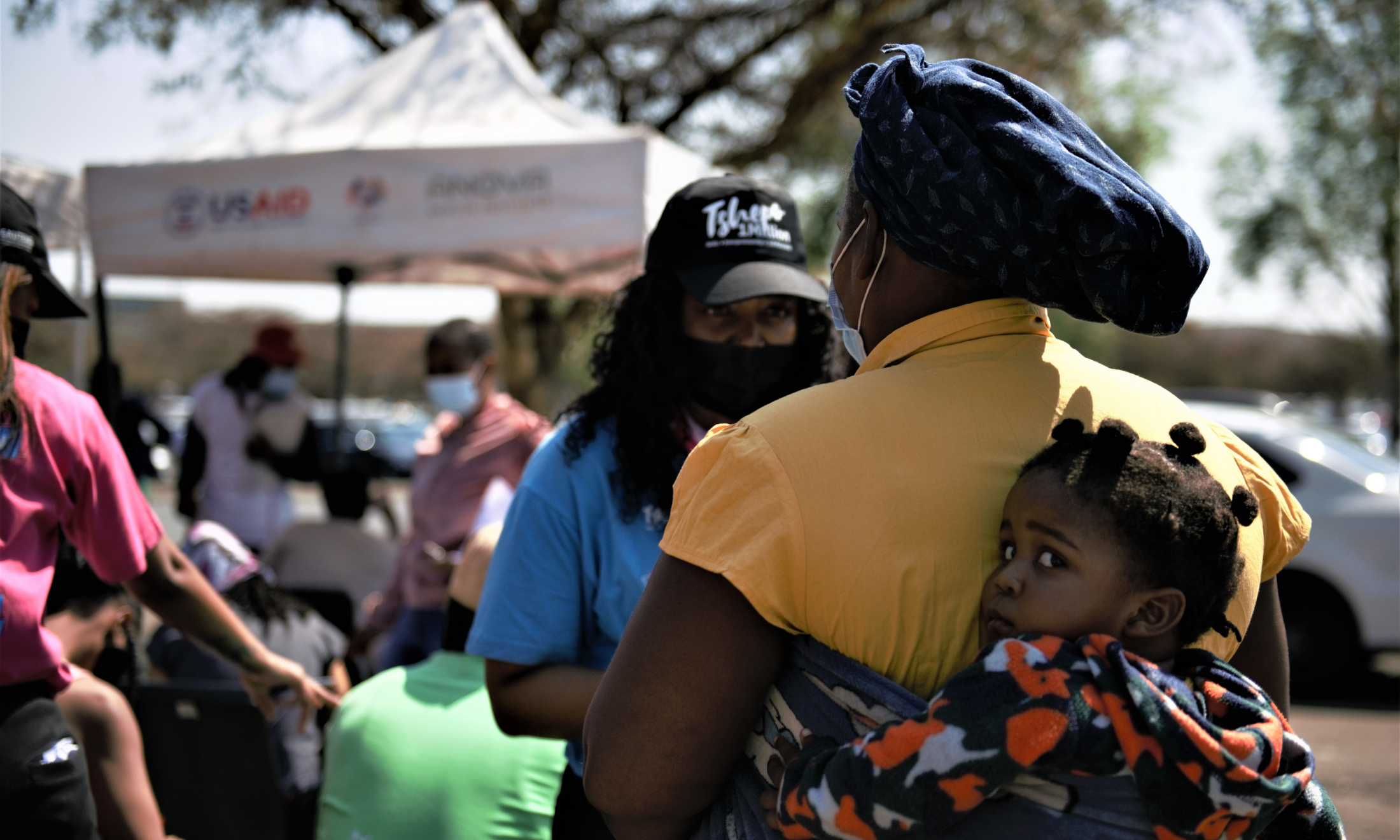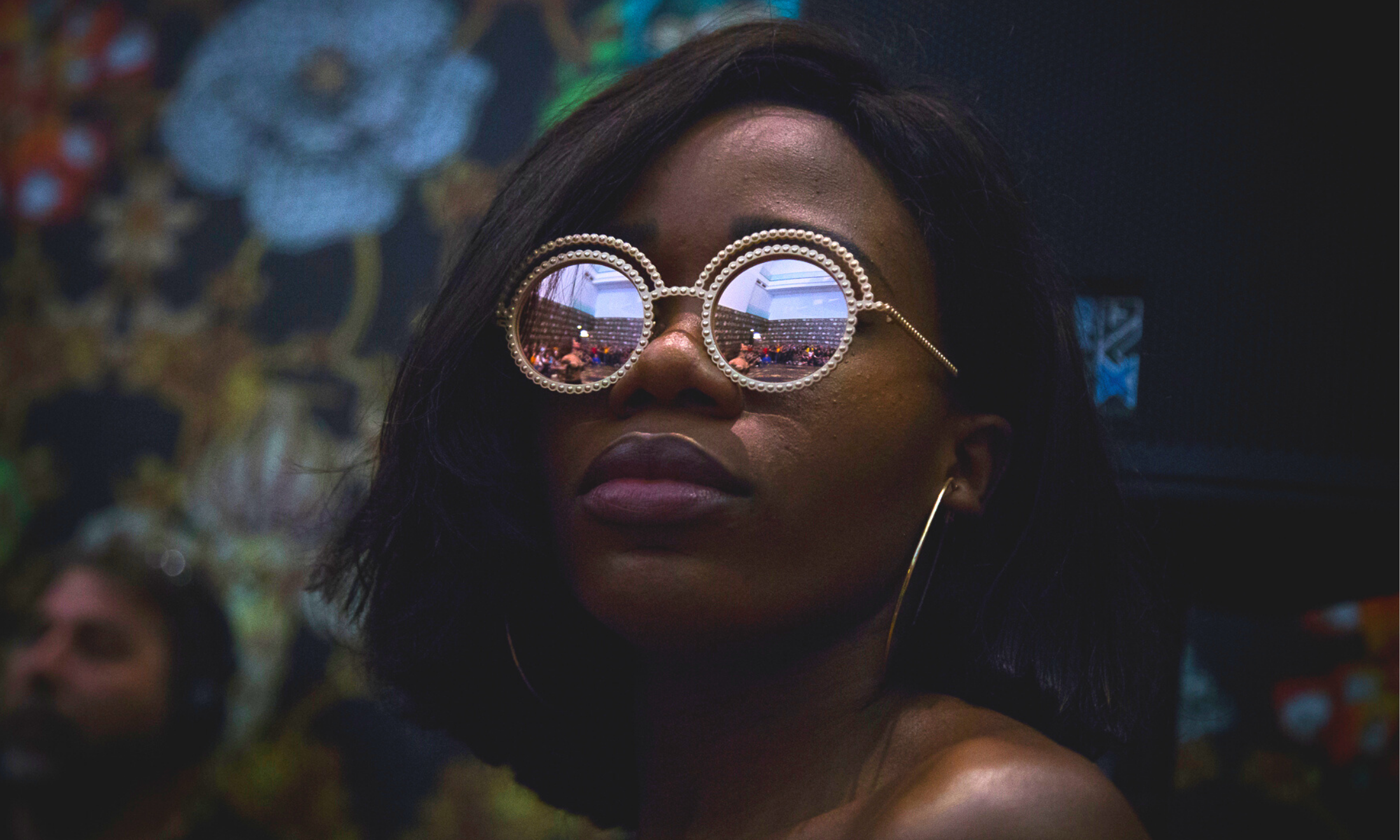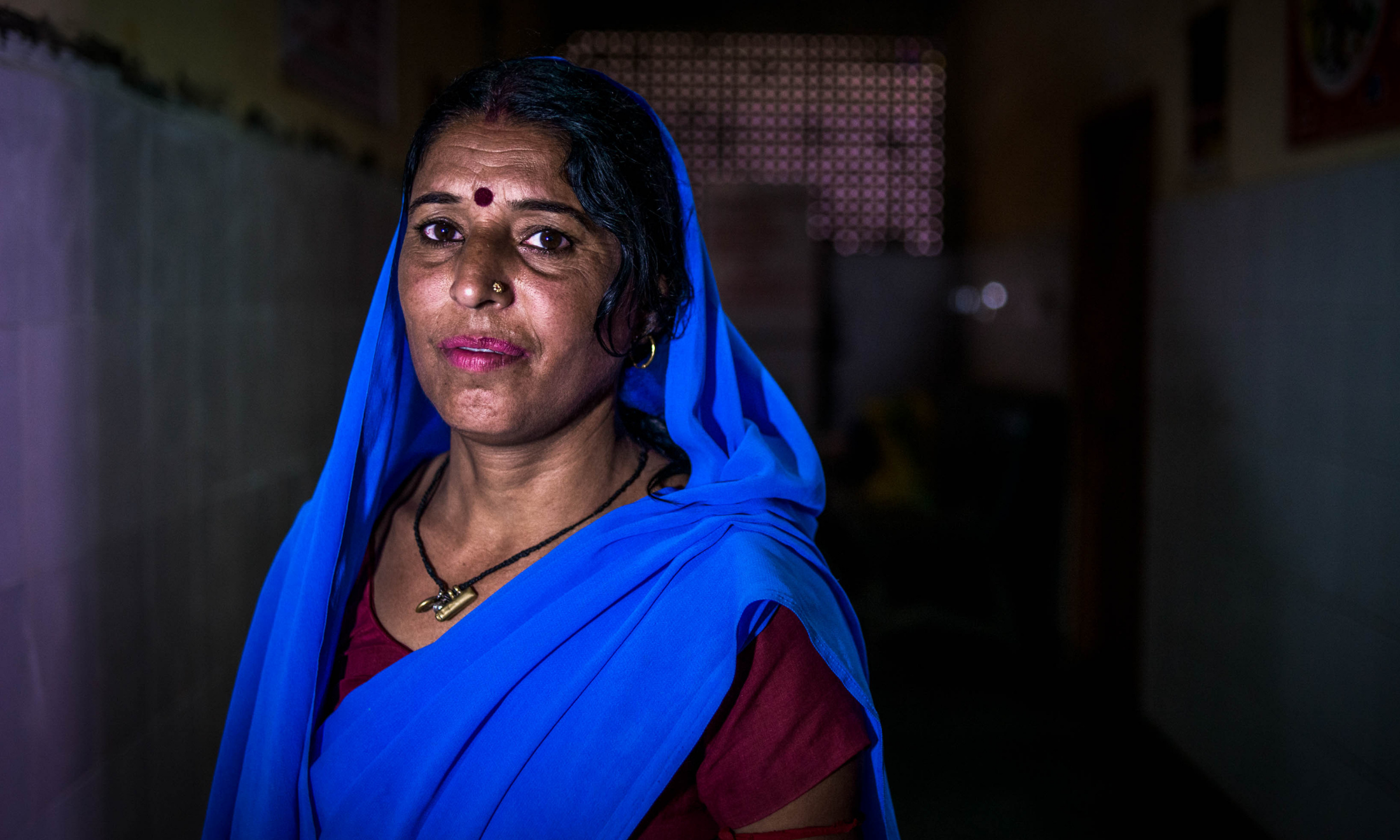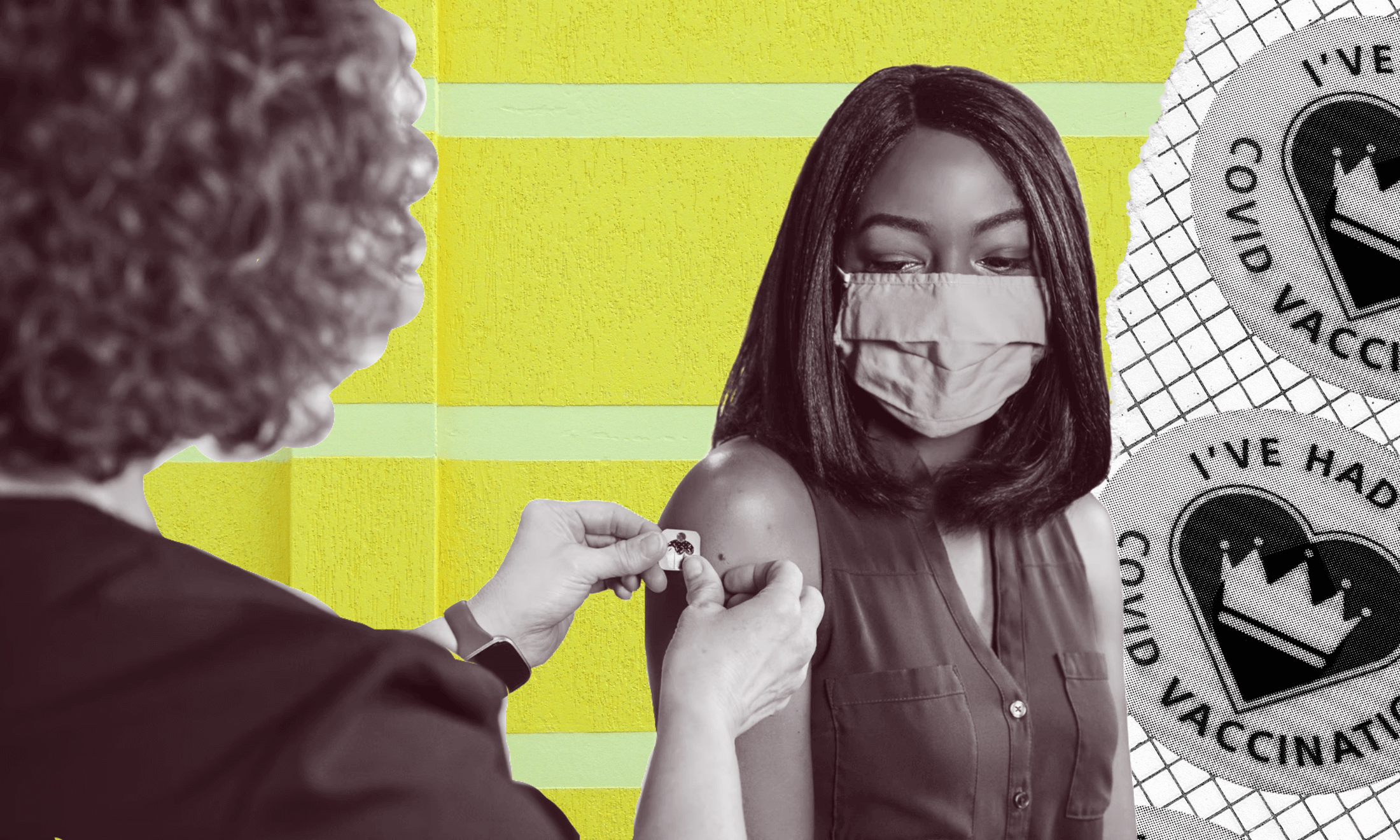
via Canva and Unsplash
‘We love conspiracy theories’ – why getting the Covid-19 vaccine to communities of colour is an uphill battle
Recent figures suggest that people of colour are far less likely to take the vaccine compared to their white counterparts.
Zesha Saleem
21 Dec 2020
“I think any effort made by the government to encourage people like me to take the Covid-19 vaccine would be futile,” says Jasmine*, a Black British management consultant. “I had all the usual childhood vaccines and as an adult I think I had the tetanus one for a holiday. I am not ‘anti-vax’ or informed on any of their scientific reasoning for their stance. I just know that I will not be taking the vaccine.”
It’s brutally clear that during the pandemic, people of colour have been the ones to bear the brunt of the virus. Racism, intergenerational housing and the high proportion of key workers of colour – many who faced the first wave of the virus with a severe shortage of PPE – have all contributed to higher death rates and positive tests for Covid-19 within Black and Asian ethnic groups. For them, the Covid-19 vaccine could mean the difference between life and death. But it all depends on if they take it. In these communities, fear of the vaccine runs deep.
In the run up to approving the vaccine, there have been serious concerns about the uptake within PoC groups. According to a poll by Queen Mary University London, just over 39% of Black and minority ethnic Londoners say that they’re likely to take the Covid-19 vaccine compared to the 70% of their white counterparts. “The damage low take-up could do would potentially be catastrophic,” Mayor of London Sadiq Khan tells gal-dem. “From the earliest days of the pandemic, when the first pictures of the NHS staff who had died were published, it was clear that many were from Black, Asian and minority ethnic communities.”
So why is it the case that vaccine hesitancy is deeply embedded within communities of colour? And is the government doing anything about it?
Mistrust in vaccines
Mistrust around a vaccine isn’t a new phenomenon. It can be traced back to the end of the 18th century – unease and worry spread like wildfire when Edward Jenner introduced the inoculation for smallpox. Fast forward 200 years to the late 1990s, The Lancet published a study which launched a thousand conspiracy theories, after linking the measles, mumps and rubella (MMR) vaccine to autism. Following this, there were even claims that Black boys are more likely to develop autism if given the MMR vaccine. While that particular study is now discredited and debunked, it gave fuel to those already wary of vaccinations.
In 2003, an emergency polio vaccination campaign was brought to a halt in three countries including Nigeria, after Islamic community leaders wrongly claimed that the vaccines were unsafe and instead caused the spread of the disease. Despite the Word Health Organisation continuing to assert that the vaccines were completely safe and agreeing to test the drugs to confirm their safety, the campaign was set back significantly until 2004.
In the same way, a lack of trust in the Covid-19 vaccine is a major hurdle in ensuring that communities vulnerable to the virus take it, and encourage others to do so too. Vaccine hesitancy within these communities has been an issue since the start of the pandemic and shone through in the clinical trials. Black people make up less than half a percent on the NHS Vaccine Registry – just 1,200 people who have signed up for participating in a clinical trial were from the Black community.
“The people who are supposed to care for us do not see our humanity. Our pain doesn’t register to them and as a result, our treatment outcomes are worse”
Deeply embedded inequalities within the healthcare system and the scientific field affect people of colour in all walks of life. For instance, South Asian women have been known to complain about being dismissed by doctors who claim they are suffering from the so-called “Bibi syndrome”. It refers to an imagined condition where South Asian women are said to exaggerate their health complaints to their doctor. Even though vaccination is also a positive part of Black history, in the past, Black men have been victims to the horrific Tuskegee syphilis study which saw them experimented upon and deliberately left to die over a period of 30 years, while simultaneously being assured by doctors they were receiving free medical care. This event has been manipulated by hardline anti-vaxxers ever since to get their message across.
A newly published report by the London Health Committee found that overall, people of colour living in more deprived boroughs of London have poorer experiences at their GPs and have worse healthcare experiences overall. This is concerning as the government wants GP practices to be part of the vaccine roll-out. Negative encounters with GPs may impact people turning up to the surgery for their vaccine.
“We are not treated well by the health service,” says Jasmine, referring to the fractured relationship between the medical world and PoC communities. “In essence, the people who are supposed to care for us do not see our humanity. Our pain doesn’t register to them and as a result, our outcomes are worse after treatment.”
“What does vaccine hesitancy reflect?” says Dr Parth Patel, an academic at UCL and Institute for Public Policy Research Research (IPPR) fellow. “It’s about a lack of trust. Part of that is in medical science. It’s about the historical scarring from these experiments. I say historical – it was as recent as the pandemic. I think it was in France, where a scientist suggested that we should try all the vaccines in Africa.”
Lack of trust in the government
“[There is a] general distrust in the community towards politicians and certain government agencies. That is not unfounded,” says Damian Luke, a Black pastor at Praise House, a church in Croydon – an area which has had one of the worst Covid-19 death rates in England and where 20% of the population is Black. “People look back at slavery. You look at the Windrush situation. Those things obviously would have created a measure of trust.” Damian mentions the attitudes of his white colleagues towards the vaccine. “Most of them are asking a different question – when will a vaccine be available!” he says with a laugh.
There has been an understandable lack of trust between the British government and communities of colour for a very long time which has only been exacerbated in 2020.
“It’s an understatement to say that it will be hard for a government which continues to promote a hostile environment for what it has termed ‘low skilled’ migrants – resulting in the wrongful denial of health services to thousands of people from ethnic minority communities – to build trust among members of those same communities when it comes to delivering comprehensive Covid-19 vaccination programmes,” explains Dr Catherine Dodds, a senior lecturer in public policy at the University of Bristol.
“It is more accurate to say that ethnic minority communities are often ‘hardly reached’ by those who fail to understand the needs of groups who have been continually marginalised by England’s government, and sometimes, even by those who are meant to deliver healthcare.”
“There is a general distrust in the community towards politicians and certain government agencies. That is not unfounded”
It would be naive to assume that these issues wouldn’t have an impact on vaccine uptake within these communities. If somebody won’t trust the politician on TV who’s telling them that the vaccine is safe, then how would they be convinced to take it?
This was the case for Jasmine, who points out that Black Caribbean Brits are “uniquely placed” to have experienced the absolute worst of past and current governments and British institutions. She adds: “I feel black people have been through too much to have the almost child-like faith in authority that some of our white counterparts have. We lose that innocence when we are stopped and searched, excluded from school or turned down for a job.”
Social media conspiracies
For Muqaddas Iqbal, a student studying in Manchester, the misinformation surrounding the Covid-19 vaccine is what scares her. “A big factor which plays into why I’m so hesitant to take the vaccine is everything I’m seeing on social media,” she says. “There’s different news articles and posts on my feed. In a way it’s scaring me because it might be true or not. I don’t know who to trust. The government’s telling me one thing and then there’s all these sources coming out that are saying something else.”
Vaccine misinformation has been a huge problem during the pandemic, with an increase of unverified and potentially dangerous information – especially on Instagram. Despite media platforms and the government promising to tackle this issue, widespread conspiracy theories have the potential to erode any trust in the vaccine. For many South Asians, Whatsapp is the ultimate medium to share questionable posts – even if that means sending an unknowingly dangerous conspiracy theory onto the extended family group-chat.
Muqaddas talks about vaccine hesitancy within the South Asian community in particular. “In the South Asian community, we love our conspiracy theories. There are so many rumours going around about the vaccine [that] I don’t think people in my community will take it,” she says. “I know people say that South Asians are more vulnerable to Covid-19, but I don’t think it means that we should have to take the vaccine. I think it’s a personal choice. The most important thing right now [should be] educating the people about it.”
Tackling Covid-19 vaccine hesitancy
The heartbreaking stories coming out from PoC communities every day prove just how vital a vaccine is. The increased amount of vaccine hesitancy is a cause for concern, and the government must do something to tackle this issue. The question is: have they?
“No,” Damian Luke says without hesitation. “The general impression is that the government doesn’t listen [to us]. With this issue, governments should take a backseat and let the scientists talk. Let people that look like me come out there and talk. Ethnic minority communities look up to their community leaders. Within their religions, whether it be Christianity or Islam or Hinduism, people want to see that their leaders have represented their concerns well and issues addressed.”
Anjana Ahuja, a science columnist for The Financial Times, says that she would like to see “trusted figures in public health” to go out and address the fears over the Covid-19 vaccine. For her, it’s important to “explain the safety trials that these vaccines have undergone” and to reassure people why “some groups are being prioritised over others”.
“We must all work together to build the trust of London’s diverse communities so there can be confidence that this vaccine is safe”
Sadiq Khan believes that the government has to demonstrate that the wellbeing of Black, Asian and minority ethnic communities “is a priority” and must commit to tackling the deep inequalities the pandemic has exposed to ensure they are not further entrenched by a failure to learn lessons. “We must all work together to build the trust of London’s diverse communities so there can be confidence that this vaccine is safe, that it will help to change and protect lives, and that it will help us all take a step towards returning to the day-to-day lives that we have so missed,” he adds.
A growing hesitancy could hinder progress within these communities. An important distinction must be made between hardline anti-vaxxers who distort history to their advantage and members of a community who want to raise genuine concerns. They shouldn’t be shrugged off as “anti-vax nonsense”, nor should their worries be ignored.
With people in the UK still struggling from the physical and social consequences of Covid-19, there is no doubt that the vaccine will change our lives – but for all the wrong reasons if people of colour won’t take it up.

Britain’s policing was built on racism. Abolition is unavoidable

How Pakistan’s Khwaja Sira and transgender communities are fearing and fighting for their futures

Their anti-rape performance went viral globally. Now what?


